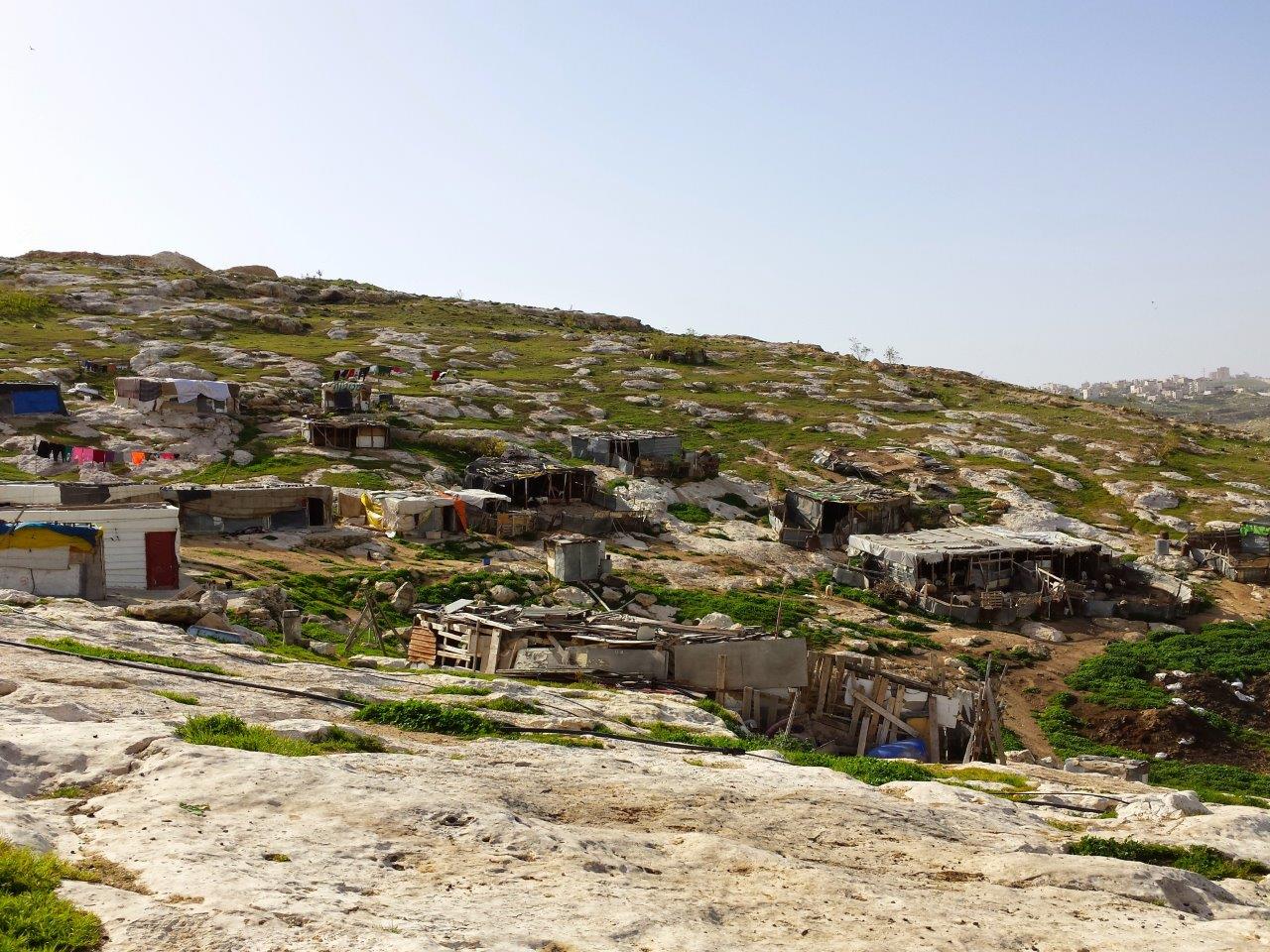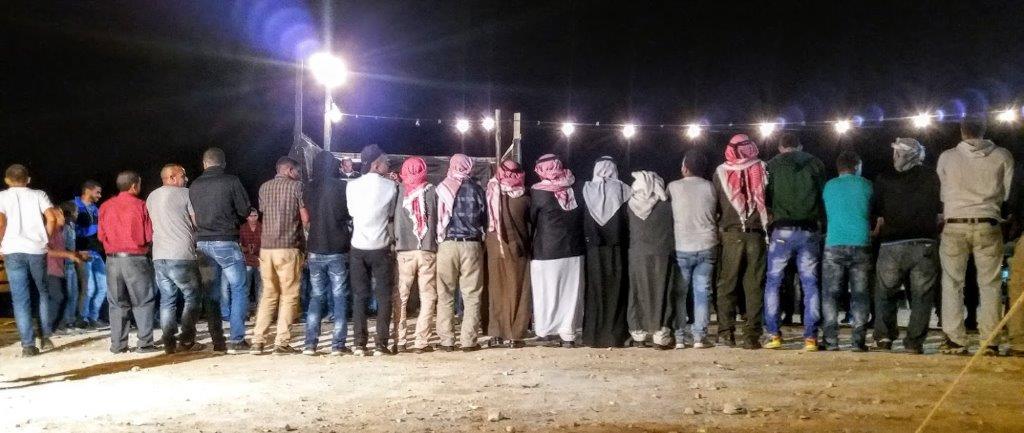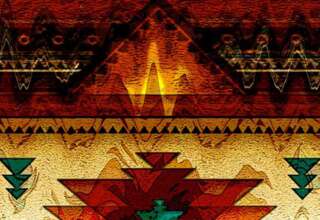
The way in which the study evolved was through the recording of recurrent and/or striking observations that led to the creation of texts, based on my interpretation of these observations. These texts were discussed with Bashar, who would regularly add cultural information, offer another viewpoint or point out subtleties; thus providing additional data. Texts were presented to Bashar according to the following procedure. I told him in Hebrew what I had written in English, so that he was able to tell me (in Hebrew) his views on my writings. The reason for this procedure was that not only is Bashar’s knowledge of English insufficient to understand what I wrote, but he also has a clear – cultural – preference for oral communication over written communication. Texts were mostly presented in bits and pieces, since he was usually unable to spend much time on a row. After obtaining his ideas, texts were amended and often discussed again. Discussion and dialogue with Bashar over my observations continued until April 2012.
Analysis and Presentation
The four cultural dimensions studied will be individualism/collectivism, uncertainty avoidance, power distance and masculinity/femininity (Hofstede, 2001). Data will be organized here as descriptions according to topics and analyzed in light of the literature. For each cultural dimension a choice of topics will be presented, each of which will be highlighted through focusing on two or three different aspects. The selection of topics will be guided by the degree of difference between the cultures in this field, and not necessarily for their importance in the particular culture. Only topics on which major cultural differences affected the friendship will be presented. Each of the topics will be illustrated with one or more examples (“stories of friendship”). Affective, cognitive and behavioral aspects, that are central to bridging cultural differences (Hofstede, 2001), will be emphasized. Background information will be provided where needed.







